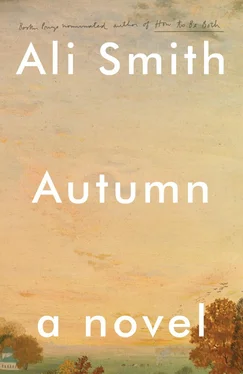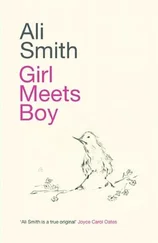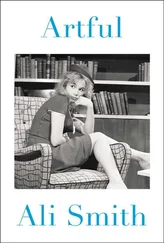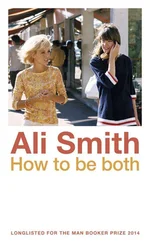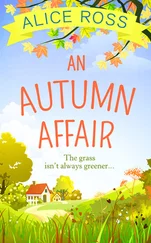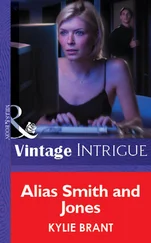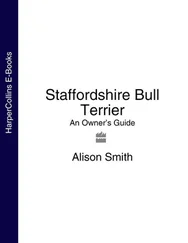Ali Smith
Autumn

For Gilli Bush-Bailey
see you next week
and for Sarah Margaret
Hardy perennial Wood
Spring come to you at the farthest,
In the very end of harvest!
William Shakespeare
At current rates of soil erosion, Britain has just 100 harvests left.
Guardian, 20 July 2016
Green as the grass we lay in corn, in sunlight
Ossie Clark
If I am destined to be happy with you here — how short is the longest Life.
John Keats
Gently disintegrate me
WS Graham
It was the worst of times, it was the worst of times.Again. That’s the thing about things. They fall apart, always have, always will, it’s in their nature. So an old old man washes up on a shore. He looks like a punctured football with its stitching split, the leather kind that people kicked a hundred years ago. The sea’s been rough. It has taken the shirt off his back; naked as the day I was born are the words in the head he moves on its neck, but it hurts to. So try not to move the head. What’s this in his mouth, grit? it’s sand, it’s under his tongue, he can feel it, he can hear it grinding when his teeth move against each other, singing its sand-song: I’m ground so small, but in the end I’m all, I’m softer if I’m underneath you when you fall, in sun I glitter, wind heaps me over litter, put a message in a bottle, throw the bottle in the sea, the bottle’s made of me, I’m the hardest grain to harvest
to harvest
the words for the song trickle away. He is tired. The sand in his mouth and his eyes is the last of the grains in the neck of the sandglass.
Daniel Gluck, your luck’s run out at last.
He prises open one stuck eye. But –
Daniel sits up on the sand and the stones
— is this it? really? this? is death?
He shades his eyes. Very bright.
Sunlit. Terribly cold, though.
He is on a sandy stony strand, the wind distinctly harsh, the sun out, yes, but no heat off it. Naked, too. No wonder he’s cold. He looks down and sees that his body’s still the old body, the ruined knees.
He’d imagined death would distil a person, strip the rotting rot away till everything was light as a cloud.
Seems the self you get left with on the shore, in the end, is the self that you were when you went.
If I’d known, Daniel thinks, I’d have made sure to go at twenty, twenty five.
Only the good.
Or perhaps (he thinks, one hand shielding his face so if anyone can see him no one will be offended by him picking out what’s in the lining of his nose, or giving it a look to see what it is — it’s sand, beautiful the detail, the different array of colours of even the pulverized world, then he rubs it away off his fingertips) this is my self distilled. If so then death’s a sorry disappointment.
Thank you for having me, death. Please excuse me, must get back to it, life.
He stands up. It doesn’t hurt, not so much, to.
Now then.
Home. Which way?
He turns a half circle. Sea, shoreline, sand, stones. Tall grass, dunes. Flatland behind the dunes. Trees past the flatland, a line of woods, all the way back round to the sea again.
The sea is strange and calm.
Then it strikes him how unusually good his eyes are today.
I mean, I can see not just those woods, I can see not just that tree, I can see not just that leaf on that tree. I can see the stem connecting that leaf to that tree.
He can focus on the loaded seedhead at the end of any piece of grass on those dunes over there pretty much as if he were using a camera zoom. And did he just look down at his own hand and see not just his hand, in focus, and not just a scuff of sand on the side of his hand, but several separate grains of sand so clearly delineated that he can see their edges, and (hand goes to his forehead) no glasses ?
Well.
He rubs sand off his legs and arms and chest then off his hands. He watches the flight of the grains of it as it dusts away from him in the air. He reaches down, fills his hand with sand. Look at that. So many.
Chorus:
How many worlds can you hold in a hand.
In a handful of sand.
(Repeat.)
He opens his fingers. The sand drifts down.
Now that he’s up on his feet he is hungry. Can you be hungry and dead? Course you can, all those hungry ghosts eating people’s hearts and minds. He turns the full circle back to the sea. He hasn’t been on a boat for more than fifty years, and that wasn’t really a boat, it was a terrible novelty bar, party place on the river. He sits down on the sand and stones again but the bones are hurting in his, he doesn’t want to use impolite language, there’s a girl there further up the shore, are hurting like, he doesn’t want to use impolite –
A girl?
Yes, with a ring of girls round her, all doing a wavy ancient Greek looking dance. The girls are quite close. They’re coming closer.
This won’t do. The nakedness.
Then he looks down again with his new eyes at where his old body was a moment ago and he knows he is dead, he must be dead, he is surely dead, because his body looks different from the last time he looked down at it, it looks better, it looks rather good as bodies go. It looks very familiar, very like his own body but back when it was young.
A girl is nearby. Girls. Sweet deep panic and shame flood through him.
He makes a dash for the long grass dunes (he can run, really run!), he puts his head round the side of a grass tuft to check nobody can see him, nobody coming, and up and off (again! not even breathless) across the flatland towards those woods.
There will be cover in the woods.
There will maybe be something too with which to cover himself up. But pure joy! He’d forgotten what it feels like, to feel. To feel even just the thought of one’s own bared self near someone else’s beauty.
There’s a little copse of trees. He slips into the copse. Perfect, the ground in the shade, carpeted with leaves, the fallen leaves under his (handsome, young) feet are dry and firm, and on the lower branches of the trees too a wealth of leaves still bright green, and look, the hair on his body is dark black again all up his arms, and from his chest down to the groin where it’s thick, ah, not just the hair, everything is thickening, look.
This is heaven all right.
Above all, he doesn’t want to offend.
He can make a bed here. He can stay here while he gets his bearings. Bare-ings. (Puns, the poor man’s currency; poor old John Keats, well, poor all right, though you couldn’t exactly call him old. Autumn poet, winter Italy, days away from dying he found himself punning like there was no tomorrow. Poor chap. There really was no tomorrow.) He can heap these leaves up over himself to keep him warm at night, if there’s such a thing as night when you’re dead, and if that girl, those girls, come any closer he’ll heap a yard of them over his whole self so as not to dishonour.
Decent.
He had forgotten there is a physicality in not wanting to offend. Sweet the feeling of decency flooding him now, surprisingly like you imagine it would be to drink nectar. The beak of the hummingbird entering the corolla. That rich. That sweet. What rhymes with nectar? He will make a green suit for himself out of leaves, and — as soon as he thinks it, a needle and some kind of gold coloured threading stuff on a little bobbin appears here in his hand, look. He is dead. He must be. It is perhaps rather fine, after all, being dead. Highly underrated in the modern western world. Someone should tell them. Someone should let them know. Someone should be sent, scramble back to, wherever it is. Recollect her. Affect her. Neglect her. Lie detector. Film projector. Director. Collector. Objector.
Читать дальше
